An inspiring case of river management

We are delighted to see the transformation of an old channel of the Buriganga River that has been virtually given a new life by Dhaka South City Corporation (DSCC). As revealed by a back-page photo published by this daily, the authorities have cleared waste dumped into the channel and also knocked down illegal structures built along the riverbanks, increasing water flow in the process. While clearing/dredging initiatives like this are not uncommon, these seldom produce results, thanks to a lack of awareness about waste disposal as well as the myriad challenges associated with river land reclamation. Thus, the sight of a once-polluted riverbed transformed into a flowing channel serves as a confirmation of the efficacy of such initiatives, if undertaken seriously.
The urgency of taking effective steps cannot be overestimated. Our rivers, and all other water bodies and low-lying areas, especially near cities, are fast turning into sinkholes of waste. We have seen its disastrous effects during this past monsoon when any above-average rainfall invariably led to waterlogging in major cities, including Dhaka and Chattogram, because drains were mostly clogged and could not hold excess water. Waterlogging is but one of the many fallouts of indiscriminate dumping of waste. It also has profound health, socioeconomic and environmental implications. Encroachment or unauthorised construction along riverbanks further exacerbates the problem.
In this connection, we find the DNCC mayor's call to quickly finish the ongoing road repair/development work in many areas quite relevant. He rightly pointed out the connection between prolonged work and waterlogging, but also, importantly, drew attention to our unplanned urbanisation with roads and buildings constructed by filling up ponds, drains, low-lying lands, and water bodies. Clearly, this has been a long-festering problem, and both individuals and institutions contributed to it in an equal manner. Who shall we turn to for a solution then? Reversing this situation is beyond the scope of any one public agency or department, although they all must do their parts. We urge the higher authorities to undertake more effective and sustainable measures to stop pollution and encroachment.

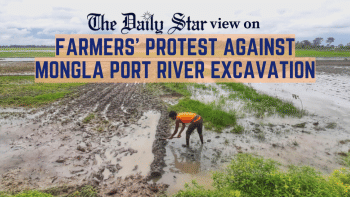
 For all latest news, follow The Daily Star's Google News channel.
For all latest news, follow The Daily Star's Google News channel. 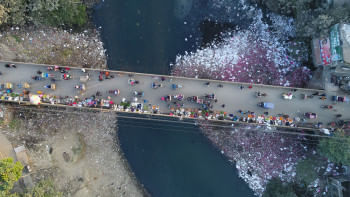


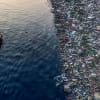

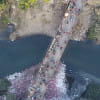
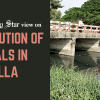



Comments